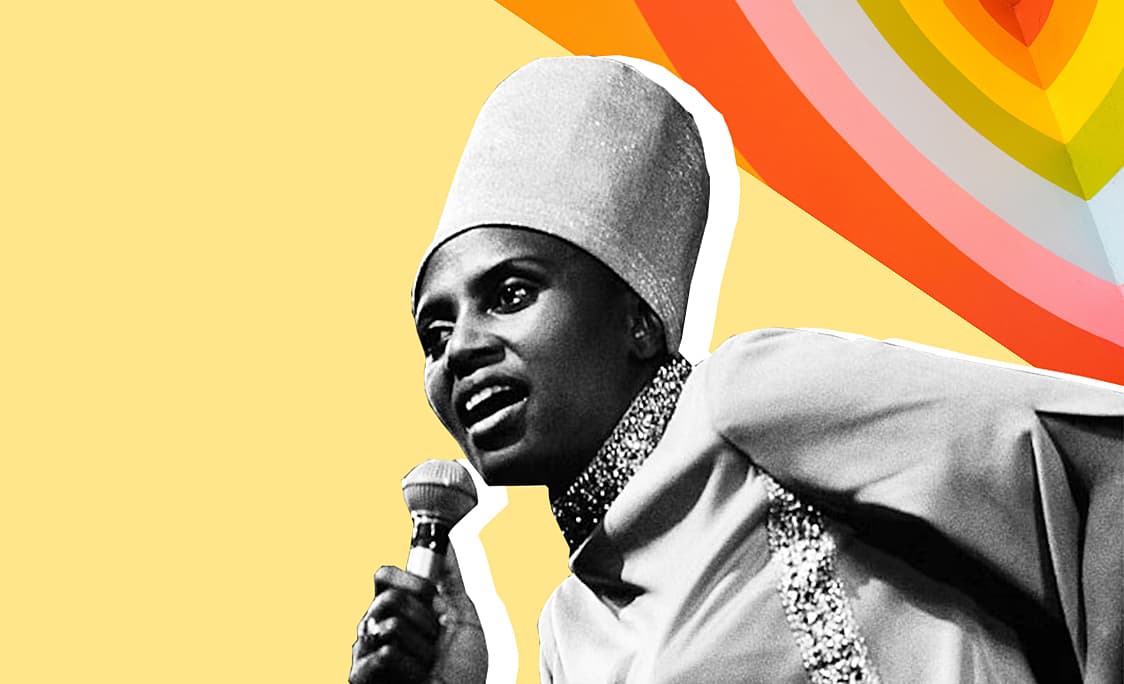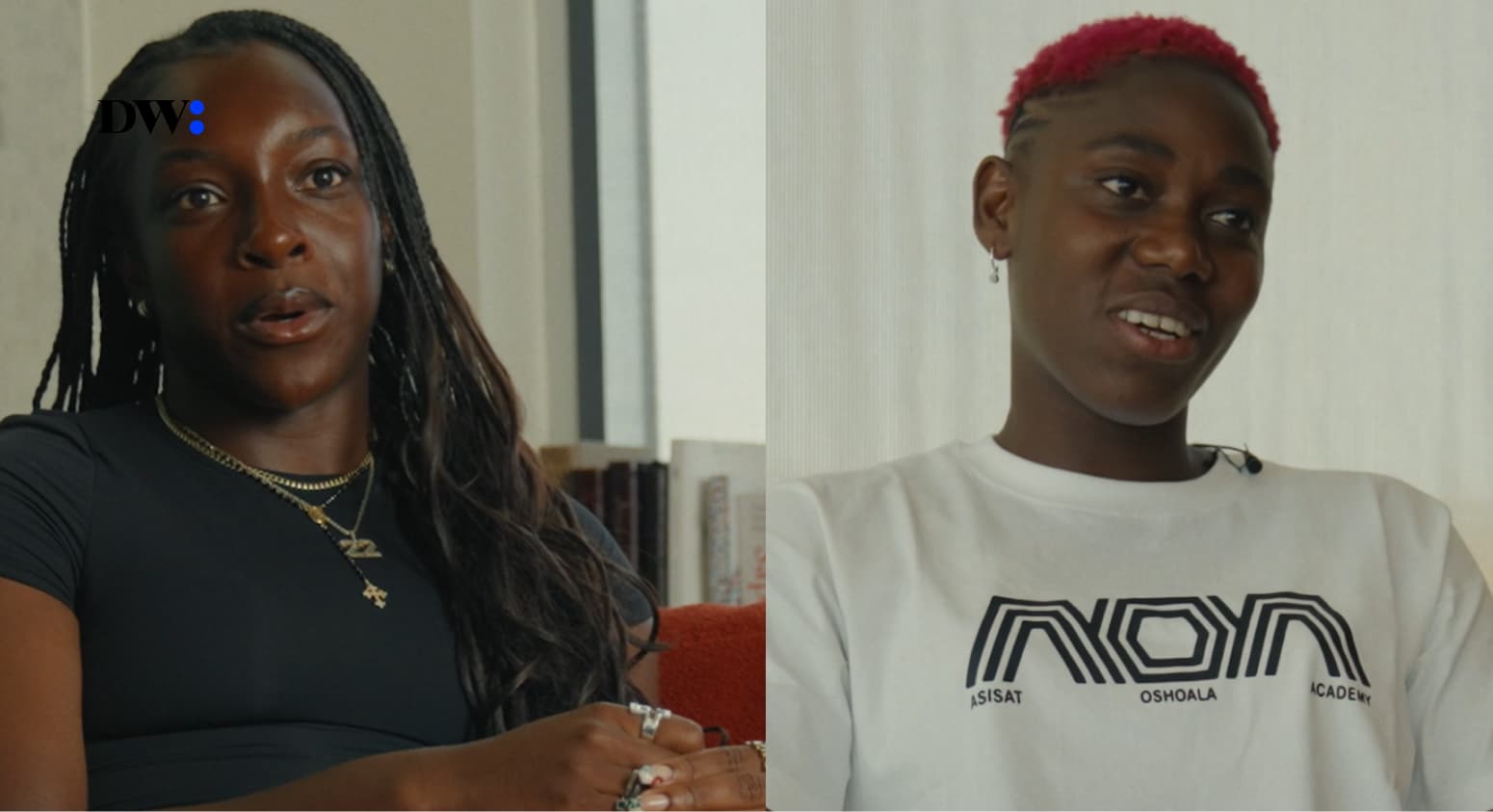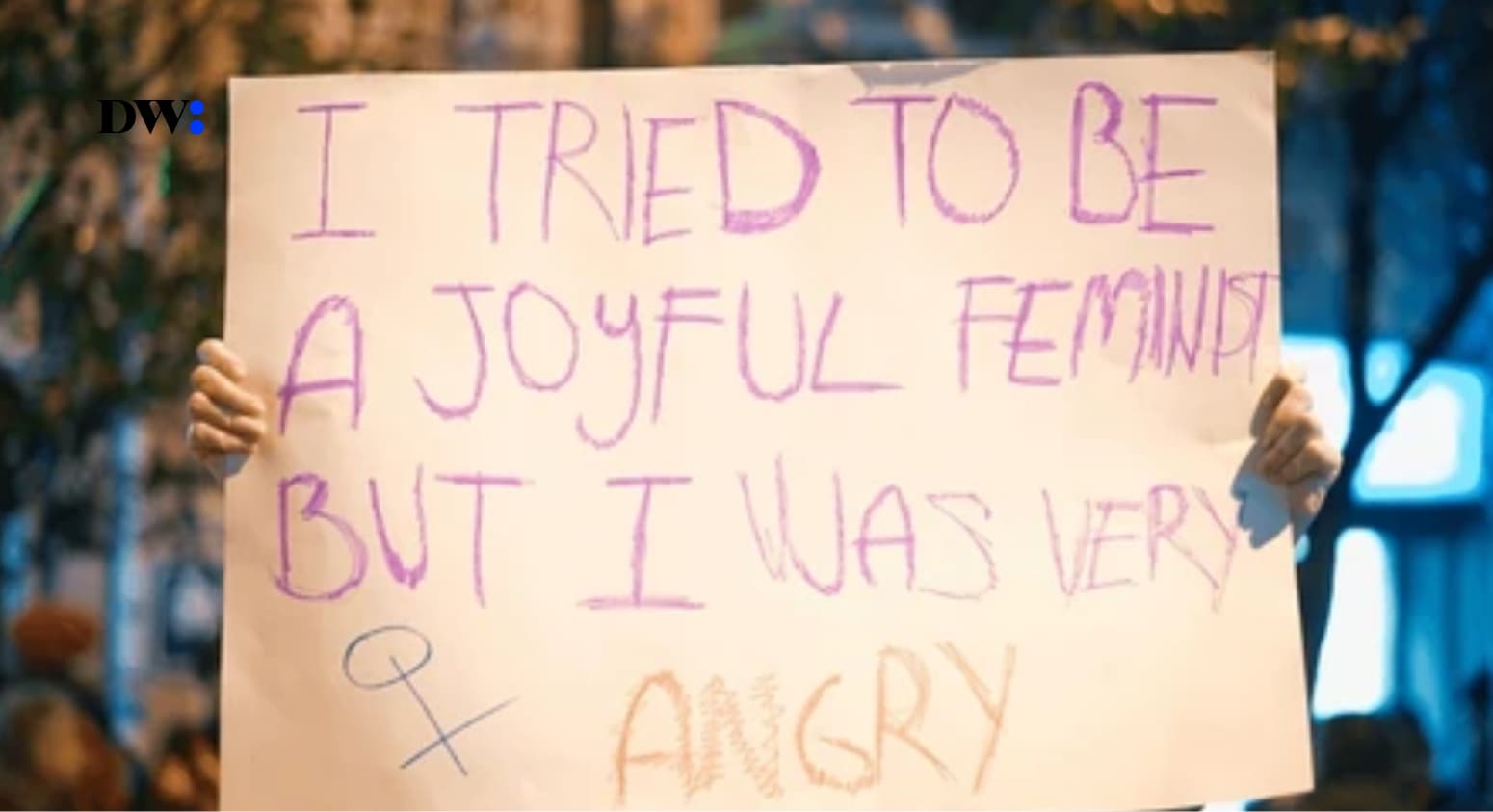November 10th marked the 14th anniversary of Mariam Makeba’s death.
Miriam Makeba, whose full name is Zensi Miriam Makeba, was one of the most well-known Black African performers of the 20th century. She was born in Prospect Township, close to Johannesburg, South Africa, on March 4, 1932, and passed away in Castel Volturno, near Naples, Italy, on November 10, 2008.
Makeba, the daughter of a Swazi mother and a Xhosa father, was introduced to singing in the school choir when she was a little child. She was raised in Sophiatown, a segregated Black ghetto west of Johannesburg.
In 1954, she started working as a full-time vocalist, mainly in southern Africa. Her singing and recording had made her widely known in South Africa by the late 1950s, and Harry Belafonte became intrigued by her when she appeared in the 1959 documentary film Come Back, Africa.
Belafonte and other performers from the United States. They assisted Makeba in her 1959 relocation to the US, where she started a fruitful career as a singer and record producer. She performed a range of well-known songs, but she was most known for introducing Xhosa and Zulu music to Western audiences. She also gained popularity for writing anti-apartheid songs.
She was refused entry back into South Africa in 1960, and for the next three decades, she lived in exile. The South African government revoked her passport and outlawed her records in 1963. Hugh Masekela, a trumpeter and another Belafonte protege, and she were married in 1964. Despite getting divorced two years later, the pair stayed in touch professionally.
She and Belafonte received a Grammy Award for best folk in 1965, for the joint project Belafonte/album Makeba’s An Evening.
Makeba’s career in the United States suffered due to her 1968 marriage to American Black activist Stokely Carmichael (divorced 1979).
To continue recording and touring in Africa and Europe, she travelled to Africa with Carmichael, settled in Guinea, and subsequently relocated to Belgium. Makeba: My Story, her autobiography that she co-wrote with James Hall, was published in 1988.
Makeba was urged to return to South Africa in 1990 by black activist Nelson Mandela, who had just been freed from a lengthy jail sentence. For the first time since her banishment, she performed there in 1991. She continued to perform in the years that followed despite having numerous health issues until she passed away from a heart attack shortly after performing in Italy.
The songs “Pata Pata” and “Qongqothwane,” which both incorporated the characteristic click sounds of her native Xhosa language, were among those for which she was well-known internationally.
Makeba released 30 solo albums, 19 compilation albums and contributed to the recordings of a number of other performers.
Eunice and Angel are great admirers of her music and work while she was alive and shared a few words with me.
“Whew! Mariam Makeba is goated. I love her so much. I found out about her when she died in 2008 and I was just 10 years old. I read about her in the newspaper and I’ve always loved her life. I knew more about her songs during the South African World cup in 2010. When I became older I read more about her life and how she battled apartheid through her music. I love her use of storytelling in her music and live performances. Thank God for YouTube. I get to watch them again and again. She’s an absolute fave,” said Eunice, a social media manager.
Angel says that her admiration for her grew when she listened to Makeba’s Malaika
“I don’t know her as well as I know women like Buchi Emecheta or even Tiwa Savage, but the little I know of her, she seems quite powerful. I particularly loved listening to Malaika when I was ill in secondary school cause apparently, Malaika means Angel in Swahili and I also loved and still love her song titled “Where did the naughty little flea go,” Angel said. ” Apparently, she was queer and was in a relationship with Nina Simone. When I wrote my first article for AMAKA Studio on Black sisterhood in music, I realized that she was the one that helped administer Nina Simone’s money and estate post-death.”





